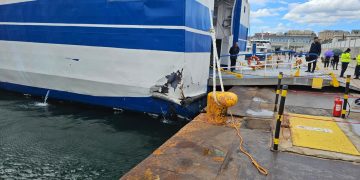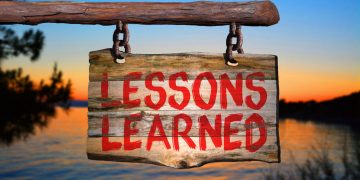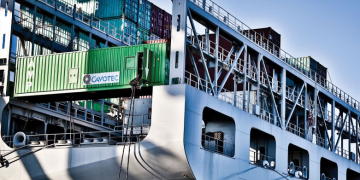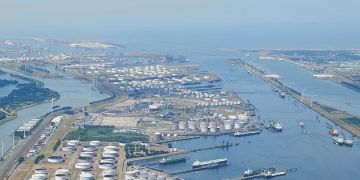Fatigue as a safety issue across all modes of transportation
National Sleep Awareness Week from March 3 to 10 The National Transportation Safety Board Chairman Deborah A. P. Hersman recognizes National Sleep Awareness Week (March 3-10) and the seriousness of fatigue as a safety issue across all modes of transportation."In our investigations, we've seen truck drivers driving through the night during circadian lows, mariners navigating treacherous channels during pre-dawn hours and air traffic controllers working rotating shifts with short turnarounds," said NTSB Chairman Hersman.NTSB has studied operator fatigue and issued recommendations calling for improved scheduling regulations and practices, education for operators and employers concerning fatigue and sleep disorders, and research to better understand the risks associated with fatigue in transportation."There are too many transportation accidents where the lack of sleep and fatigue have either caused the accident or been a contributory factor," Hersman added. "Sleep Awareness Week reminds us all of the vital importance of restorative rest."Source: NTSB See below relevant articles for fatigue in shipping Oil Companies Issue Recommendations on Seafarers 'Work Hour Rules The Project Horizon study Measuring Fatigue at Sea
Read more





















































